detail profile samantha castillo
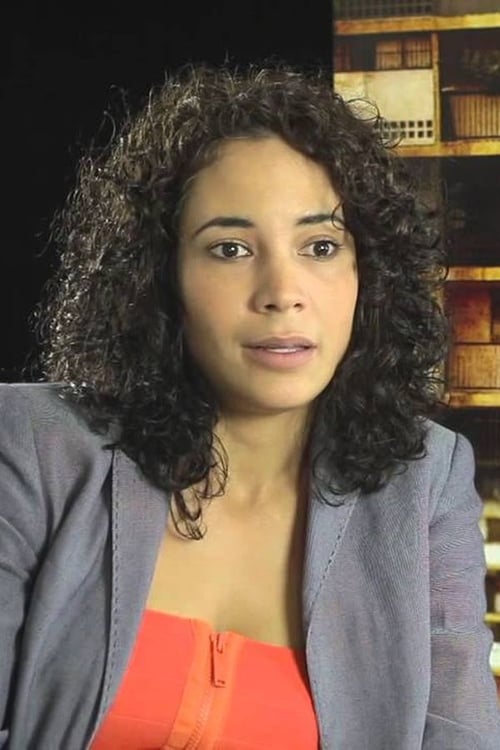
Riwayat Hidup
Samantha Castillo, Venezuelan actress, was born on March 12th, 1980, in Los Teques, Venezuela.
With more than fifteen years of theater experience, Samantha has a Bachelors degree in Arts at Central University of Venezuela, and additional acting training in different techniques and schools in Venezuela and Cuba.
In the cinema field, she has been awarded numerous times for her performance in national and international festivals.
The role that has given her most recognition was "Marta" in the film Pelo Malo by Mariana Rondon (winning film of La Concha de Oro at the San Sebastian Festival 2013).
Samantha accompanied the film in a circuit of more than 15 international festivals, earning seven awards and two nominations for her role as Marta.
In Malquerido by Diego Risquez, she played La Lupe, an icon of Latin music, being recognized as best supporting actress at the Merida Film Festival and the Caracas Film Festival in Venezuela.
In the film El Amparo by Rober Calzadilla (winner film of the Public Award in Biarritz), Samantha had an additional challenge, along with the artistic team, being immersed in isolation in the Venezuelan plains for over 2 months.
This enabled real acquisition of the physical and emotional subtleties required by the character.
Samantha received a special mention as Supporting Actress at the Merida Film Festival in Venezuela.
In Le Badanti by Italian director Marco Pollini, Samantha played Lola, a Latin American immigrant in Italy.
To excel in her interpretation, Samantha studied Italian intensively during the previous months and took Pole Dance lessons for a one-minute sequence in the film.
Samantha has also contributed to theater research and teaching in Venezuela, developing professional training programs for young actors, stressing both practical and theoretical work elements of the actor.
These trainings have taken place in theater schools in Caracas, The Higher School of Performing Arts Juana Sujo and The School of Musical Theater of Caracas.
Info Pribadi
Peran Yang Di Mainkan Samantha Castillo
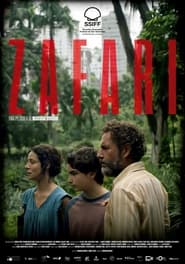 In a small zoo the arrival...
In a small zoo the arrival...Zafari 2024
In a small zoo, the arrival of the hippopotamus Zafari is celebrated by neighbours of opposing social classes. Ana, Edgar and their son Bruno watch all the action from the windows of their decadent high-class building. Amidst a chaos of food, water and electricity shortages, the family has to solve everyday problems and the lack of basic needs while trying to find a solution to escape. Ana scavenges for food in the abandoned apartments, but strange noises in the dark corridors frighten her more and more. In a world that has become wild, Zafari is the only one who still has enough to eat.
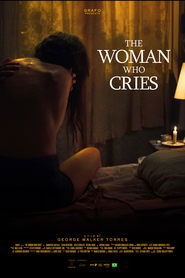 Miguel a 7yearold boy lives with...
Miguel a 7yearold boy lives with...The Woman Who Cries 2024
Miguel, a 7-year-old boy, lives with three generations of estranged women in an old house. Among them is his mother who, after a traumatic divorce, distances herself from the boy. Miguel takes comfort in Carmen, an enigmatic Venezuelan immigrant who works as a maid for this Brazilian family. Carmen becomes an ambiguous mother figure for the boy, who develops an intimate and unusual bond with her, introducing him to a universe in which the real and the imaginary intertwine.
 Four upperclass high school students live...
Four upperclass high school students live...Jezabel 2022
Four upper-class high school students live carefree between drugs, games and love until one of the girls, Eli, is brutally killed. Sixteen years later, the memory of the crime torments Alain, another member of the group.
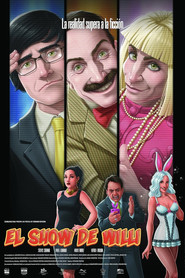 Willi premieres his own reality show...
Willi premieres his own reality show...El show de Willi 2016
Willi premieres his own reality show and the first guest is the famous telenovela actress, Elsy Ferrer.. It immediately captivates the public with absurd and hilarious situations inspired by the routines of the most celebrated hosts of Latin American television.
 On the border of Venezuela with...
On the border of Venezuela with...El Amparo 2016
On the border of Venezuela with Colombia, during the late 80's, two men survive an armed assault near the Arauca River, in which fourteen of their companions end up dead. The Army accuses them of being guerrilla fighters and tries via intimidation to seize them from the cell where they are being watched over by the local police officer and by the entire village. They say they are simple fishermen, but pressure to yield to the official version is overwhelming.
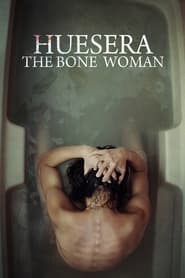 Valerias joy at becoming a firsttime...
Valerias joy at becoming a firsttime...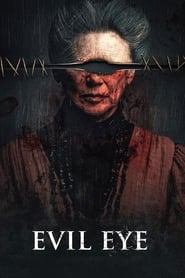 Nala a thirteenyearold girl from the...
Nala a thirteenyearold girl from the...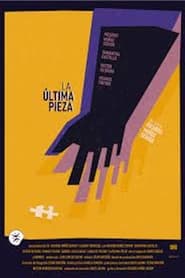 In a dystopian society Albertini must...
In a dystopian society Albertini must...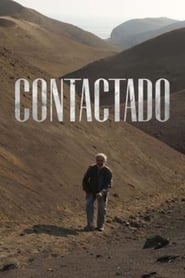 An aging selfproclaimed prophet who revisits...
An aging selfproclaimed prophet who revisits...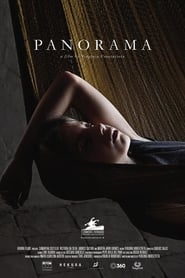 Dazed by her mothers death 9yearold...
Dazed by her mothers death 9yearold... The film follows the rise to...
The film follows the rise to...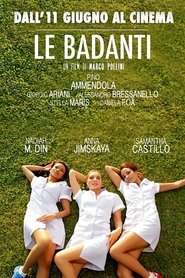 Three women from different walks of...
Three women from different walks of...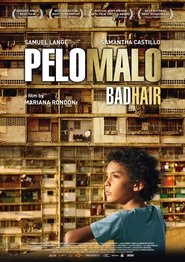 A nineyearold boys preening obsession with...
A nineyearold boys preening obsession with...